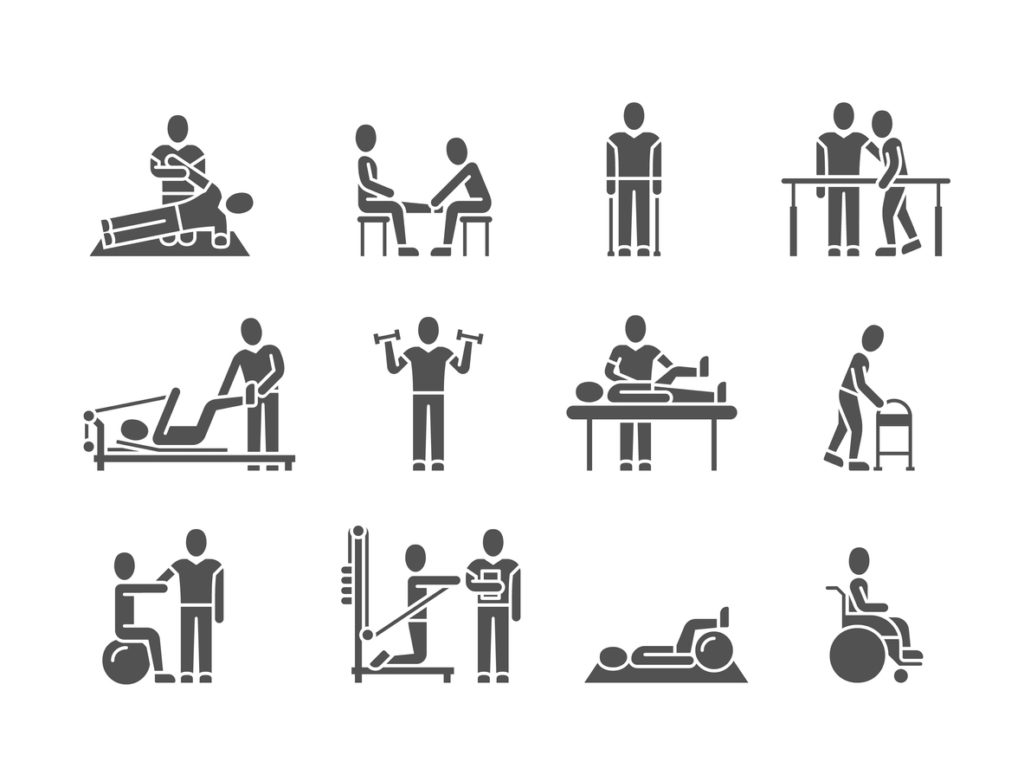MaTCH- Mastery of Triggers to Conquer Headaches is a Monash University research project currently seeking adult participants for research on the behavioural management of triggers related to recurrent headache. MaTCH is a clinical research trial funded by the National Health & Medical Research Council and headed by Professor Paul Martin. The aims of the research are to evaluate the standard advice to headache sufferers to avoid all factors that could trigger headaches, and a variation of this advice that involves advising avoidance of some trigger factors but learning to cope with other trigger factors.
Official Title
MaTCH – Mastery of Triggers to Conquer Headaches Research Project
Conditions
Study Type
Study Design
Further Details
Participants will be provided with a small gratuity to acknowledge their contribution.
All assessment and treatment sessions are conducted by Registered Psychologists at Monash Medical Centre in Clayton, Victoria.
Book your health appointments online
Find and instantly book your next health appointment with Healthengine
Study Start
Eligibility & Criteria
- Aged 18 years or more.
- Minimum of 6 headache days per month for the past 12 months.
- Pattern of headache symptoms stable over last 6 months.
- Stable medication use for 1 month.
Total Enrolment
Contact Details
If you would like to know more please contact the MaTCH staff Ph: (03) 9594 1457 or email MaTCH@med.monash.edu.au
All content and media on the HealthEngine Blog is created and published online for informational purposes only. It is not intended to be a substitute for professional medical advice and should not be relied on as health or personal advice. Always seek the guidance of your doctor or other qualified health professional with any questions you may have regarding your health or a medical condition. Never disregard the advice of a medical professional, or delay in seeking it because of something you have read on this Website. If you think you may have a medical emergency, call your doctor, go to the nearest hospital emergency department, or call the emergency services immediately.







